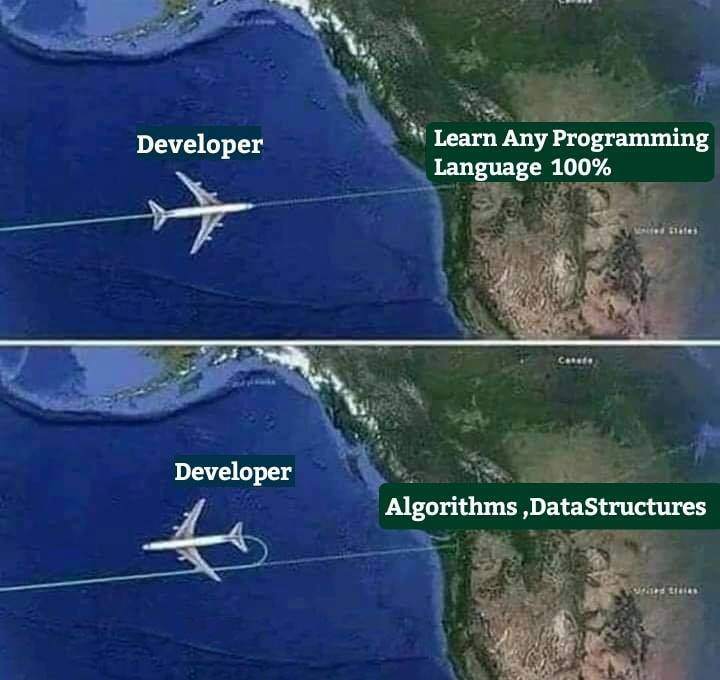In the rare books collection of the Huntington Library in San Marino, California, a large tome tied with string sits in an ivory box that looks like it came from a bakery. At one point, the book belonged to Edwin Hubble, who revealed that galaxies exist beyond our own and that the universe is expanding, among other things, at nearby Mount Wilson Observatory. Between the well-worn leather cover boards, I find some of the first detailed maps of the lunar surface, illustrated and engraved in the 17th century. As I delicately place the volume back in the box, the covers leave a light brown residue on my fingertips—a small remnant of one man’s quest to tame the moon.
The book, titled Selenographia, was created by perhaps the most innovative Polish astronomer since Copernicus. But Johannes Hevelius, as we call him in the English-speaking world, has been somewhat more forgotten among history’s great scientists. Selenographia was the first book of lunar maps and diagrams, extensively covering the moon’s various phases. More than 300 years before humans stepped onto the moon’s surface, Hevelius was documenting every crater, slope and valley that he could see with his telescope. He conducted these observations, as well as others for a comprehensive star catalog, using his own equipment in a homemade rooftop observatory.
Published in 1647, Selenographia made Hevelius a celebrity of sorts. The Italian astronomer Niccolo Zucchi even showed a copy of the book to the pope. Of course, like Copernicus before him, Hevelius believed that that the Earth orbited the sun. And according to Johannes Hevelius and His Catalog of Stars, published by Brigham Young University Press, Pope Pius IX said Selenographia “would be a book without parallel, had it not been written by a heretic.”







